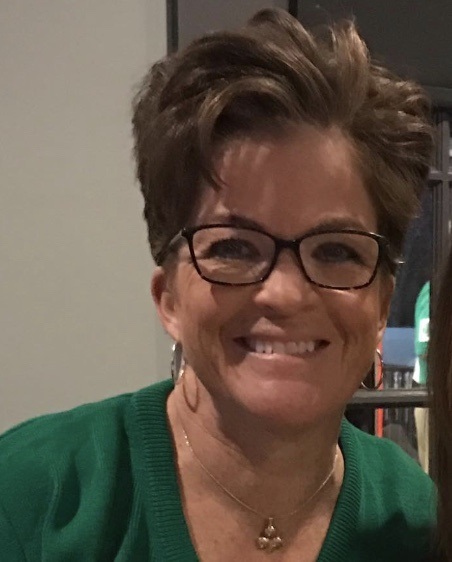March is National Colorectal Cancer Awareness Month. Colorectal cancer cases are on the rise. In the United States, about 154,000 new cases are diagnosed every year. In addition, studies have shown colorectal cancer rates are increasing in people younger than 50 years of age. Colorectal screening is critically important as it has been demonstrated to prevent colorectal cancer deaths through early detection and treatment. Approximately 90% of adults with colorectal cancer live five or more years when the cancer is detected early. The five-year survival rate for adults with later-stage colorectal cancer is only about 16%, but if 80% of eligible adults complete colorectal cancer screenings, the mortality rate could be reduced by 33% in 2025.
Patients often ask me when they should start screening and what is the best test. People at average risk for colon cancer (meaning they do not have any risk factors for colon cancer) should begin screening at age 45 and should continue screenings through age 75. After 75, the decision to screen lies between the patient and their medical provider. There are two types of screening methods available. The first method is colonoscopy. A colonoscopy is performed by Gastroenterologists and allows for direct visualization of the colon. In addition to identifying polyps and cancerous lesions, Crohn’s disease, irritable bowel syndrome, and inflammatory bowel disease can be detected.
The second method is at-home stool testing. This method requires the patient to collect a stool sample at home and to send a specimen to the lab for examination. These tests detect changes in the stool RNA or DNA as well as blood that may not be seen by the bare eye. In general, stool tests are repeated more often than colonoscopies. Individuals with abnormal stool test results are referred to a Gastroenterologist for a colonoscopy.
I strongly encourage all eligible patients to talk to their providers about colorectal cancer and to engage in shared decision-making when choosing a screening test. Remember, early detection saves lives!
Patricia Dempsey is a Board Certified Pediatric and Adult Advanced Practice Nurse. Ms. Dempsey holds a Nursing Doctorate degree in Population Health. Ms. Dempsey started her career at the CHC nearly 31 years ago and truly enjoys serving the community.
In her spare time, she enjoys time at the beautiful Jersey Shore and cooking.
The VNACJ Community Health Centers offer Cologuard In-Home Cancer Screening Test Kits to both Insured and Uninsured Patients. Please ask your Provider for more information about how to get an At-Home Test Kit.


